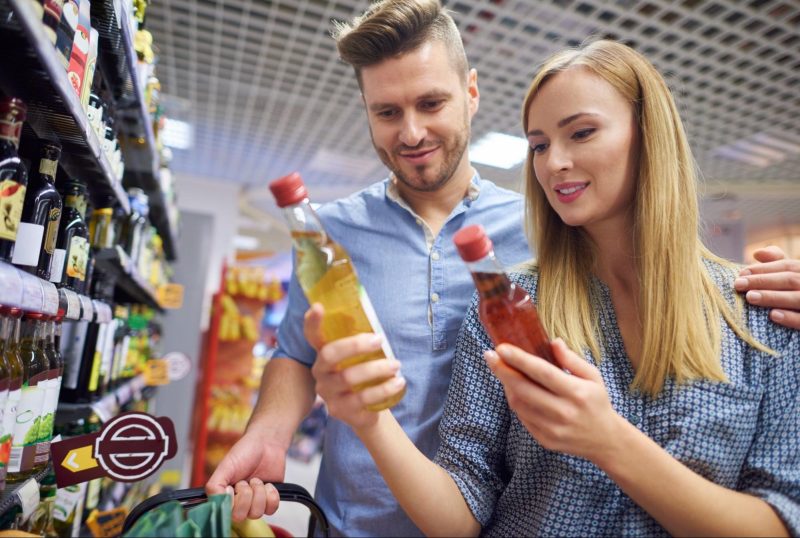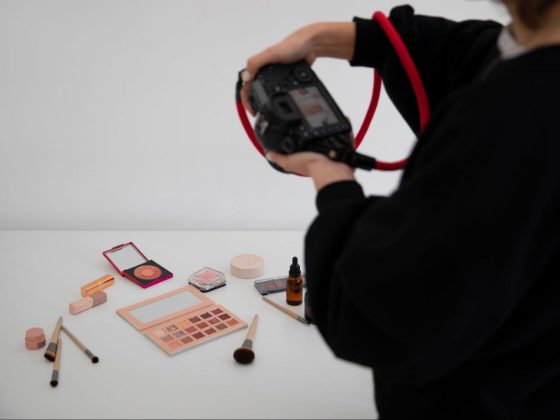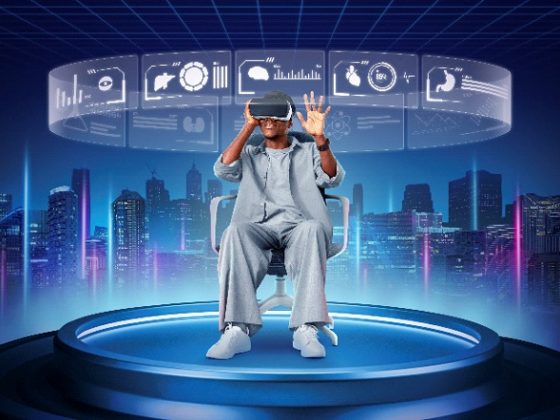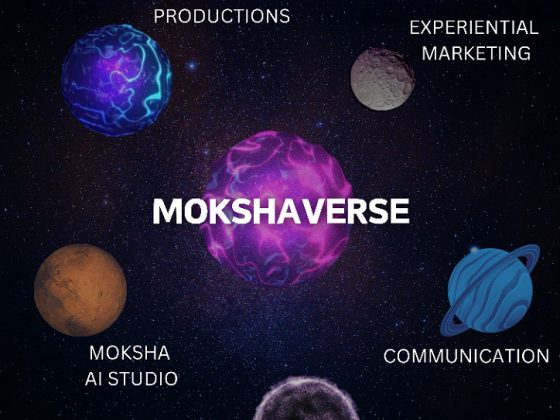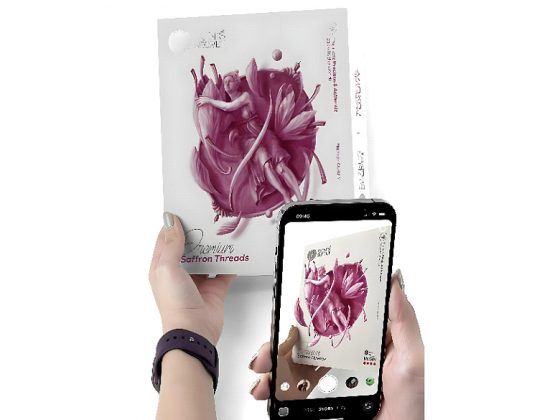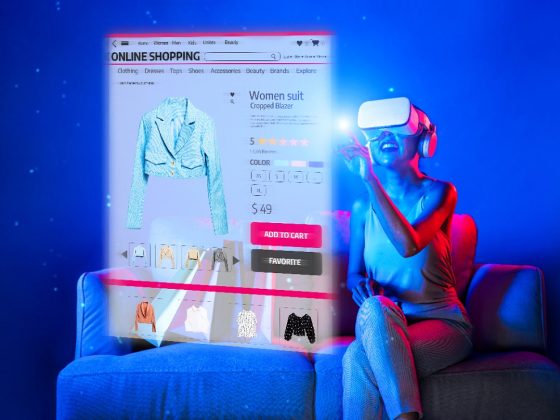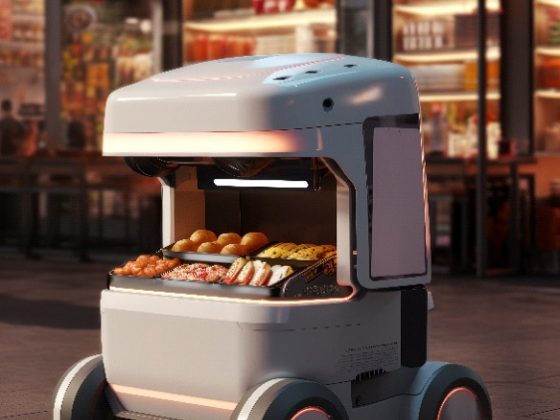What stands out in this movement is the ability to personalise experiences. AR technology can be tailored to individual preferences, leveraging data and AI to recommend products based on previous tastes or lifestyle choices. This personalisation adds an emotional layer to the interaction, making the consumer feel valued and understood by the brand. This deepens brand loyalty, a critical metric for FMCG brands where product differentiation can sometimes be minimal.
From a strategic perspective, implementing AR-based virtual taste testing also enables brands to gather valuable consumer data in real-time. As consumers interact with these digital platforms, companies can track preferences, purchasing behaviour, and even regional tastes. This data is invaluable for future product development, allowing brands to adapt their offerings and target campaigns more effectively. According to a 2022 report by Deloitte, FMCG brands that leverage AR technology in their marketing strategies have seen up to a 30% increase in customer engagement and a 25% reduction in return rates, as virtual experiences provide more clarity about the product before purchase.
This trend is not only about creating extraordinary experiences but also about driving efficiency and sustainability. By reducing the need for physical samples, brands are reducing waste and lowering their carbon footprint. AR-based product trials offer a compelling solution for an industry that faces increasing pressure to demonstrate environmental responsibility. In fact, a 2023 McKinsey report indicated that consumers are 65% more likely to purchase from brands that align with their sustainability values, further underscoring the importance of these initiatives.

